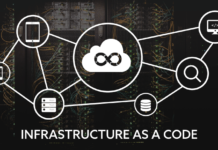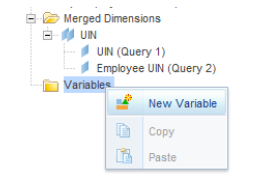- Fundamental concepts: To be productive with Python, you should be familiar with basic concepts such as variables, data types, control structures, functions, and classes.
- Data structures and algorithms: Python provides a wide range of built-in data structures and algorithms you should be familiar with, such as lists, dictionaries, sets, tuples, and sorting algorithms.
- Python libraries and frameworks: Python has a vast ecosystem of libraries and frameworks you can use to build various applications. Some popular libraries and frameworks include NumPy, Pandas, Scikit-learn, TensorFlow, Django, Flask, and Pyramid.
- File handling: File handling is a crucial aspect of any programming language, and Python provides an easy-to-use API for reading and writing files. You should be familiar with file-handling concepts such as opening, reading, writing, and closing files.
- Web scraping: Web scraping is a technique for extracting data from websites. Python provides various libraries, such as BeautifulSoup and Scrapy, which can help you scrape data from the web.
- Regular expressions: Regular expressions are patterns that can help you match and manipulate text. Python provides a built-in module called re, which you can use to work with regular expressions.
- Database interaction: Python provides various libraries for interacting with databases such as MySQL, SQLite, and PostgreSQL. You should know concepts like connecting to a database, executing queries, and handling exceptions.
- Debugging and testing: Debugging and testing are essential parts of any programming language. Python provides built-in debugging and testing tools such as pdb and unittest.
- Virtual environments: Virtual environments are isolated environments where you can install Python packages and dependencies without affecting the global environment. You should be familiar with tools such as virtualenv and conda to create and manage virtual environments.
- Collaboration and version control: Collaboration and version control are essential for any software project. Python integrates well with version control tools such as Git, and you should be familiar with concepts such as branching, merging, and pull requests. Tools like Jupyter notebooks can also help collaborate and share code with others.
Welcome!Log into your account










